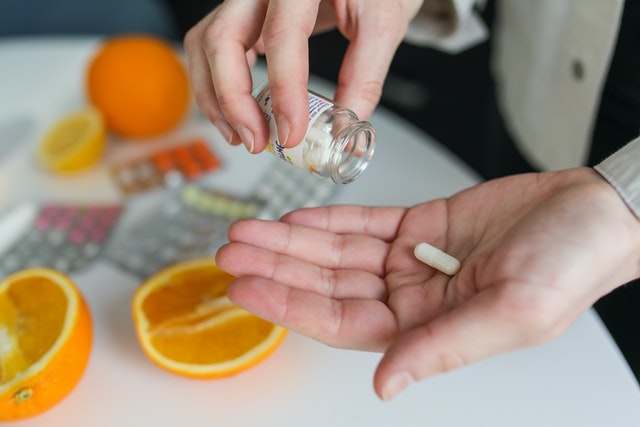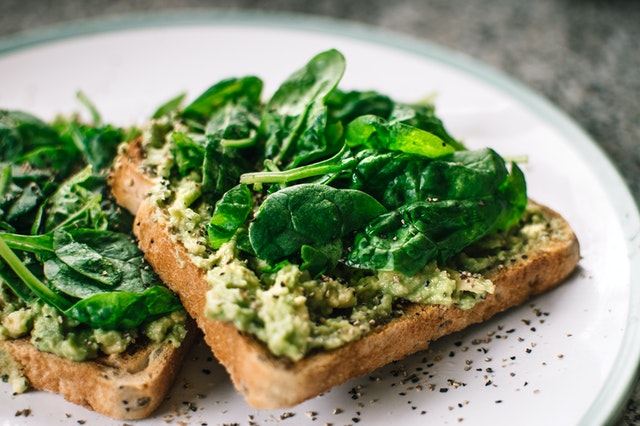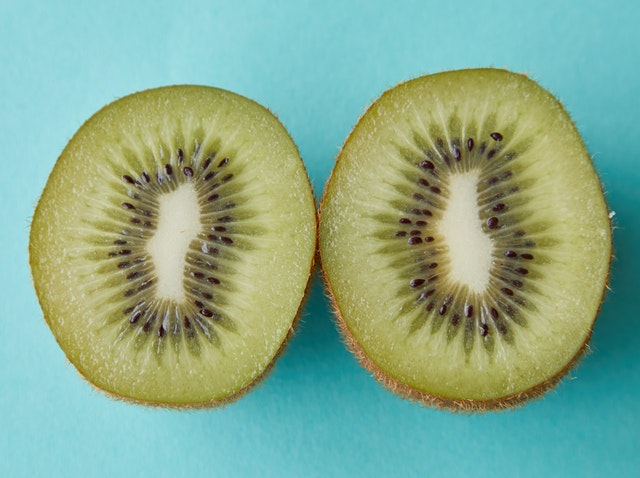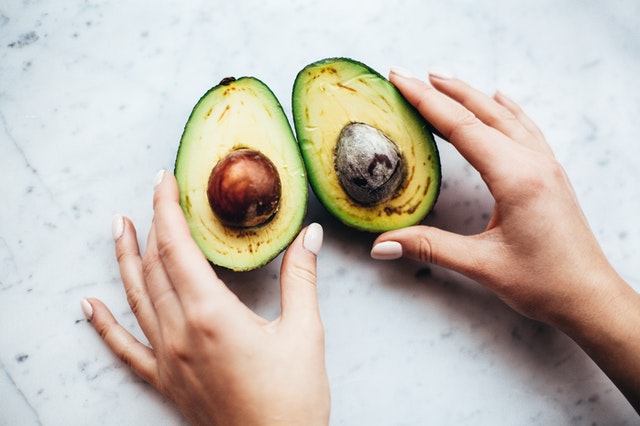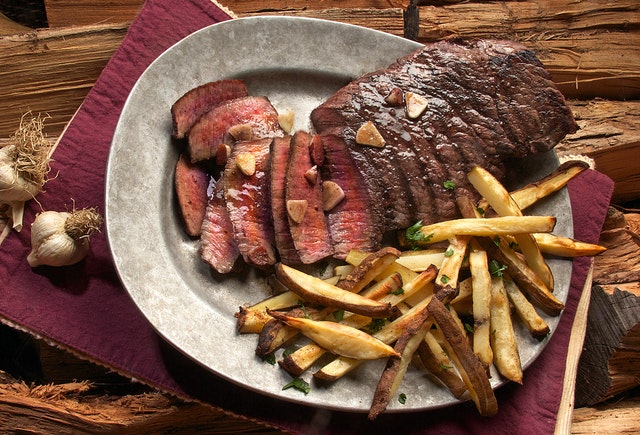Most people think of nutrient deficiency as something that used to happen to pirates and other people who lacked access to healthy foods. But surprisingly, nutrient deficiencies are still reasonably common. Even though most people have easier access to food than previous generations ever had, much of the food consumed in the standard American diet is nutritionally poor. For this reason, vitamin deficiencies are still commonly found in people of all ages.
If you think you may be dealing with a vitamin deficiency, there are a few symptoms that could confirm your suspicions. Here are four of the most common vitamin deficiencies and their associated symptoms.
1. Vitamin D

Vitamin D is a very important vitamin for both mental and physical health. It helps boost immunity and helps combat diabetes, cancer and other diseases. It also helps strengthen muscles and bones. There are two main ways the body gets vitamin D—food and sunlight. Fatty fish, egg yolks, mushrooms and liver are all excellent food sources of vitamin D. Exposure to sunlight also stimulates the body to create vitamin D.
Many people are deficient in vitamin D without even knowing it. Some people may not get sufficient sunlight exposure to create vitamin D. Others may not be able to convert sunlight into vitamin D. Still efficiently, others may not eat sufficient vitamin D-rich foods to maintain healthy levels of this vitamin in their bodies.
Whatever the cause may be, deficient vitamin D levels are associated with the following symptoms:
- Depression
- Bone loss
- Heart disease
- Type 2 diabetes
- Multiple sclerosis
If you think you may have a vitamin D deficiency, you may want to take a vitamin D supplement and increase your intake of fatty fish and other vitamin D-rich foods.
2. Vitamin B12

Vitamin B12 (also known as cyanocobalamin) helps maintain nerve cell health and is required to form red blood cells. It is easy to get vitamin B12 from animal-based products (such as poultry, red meat, milk and fish). Despite its abundance in these products, many people are still deficient in vitamin B12. Vegetarians and vegans need to be especially careful to ensure they get enough vitamin B12 from the plant-based products they eat.
Symptoms of vitamin B12 deficiency include:
- Sore tongue
- Anemia
- Depression
- Fatigue
- Yellow or pale skin
- Gastrointestinal issues
- Headaches
Vitamin B12 supplementation can help minimize the symptoms of vitamin B12 deficiency. For vegetarians or vegans, good food sources of vitamin B12 include fortified cereals, nutritional yeast and fortified non-dairy milk products.
3. Vitamin B6

Vitamin B6 (also known as pyridoxine) is important for brain development. It also has important antioxidant and anti-inflammatory properties. People with autoimmune diseases are more likely to have vitamin B6 deficiencies.
Symptoms of vitamin B6 deficiency include:
- Sore or cracked lips
- Skin rashes
- Mood swings (including irritability and depression)
- Glossy, sore tongue
- Weakened immune function
- Tingling in the feet and hands
- Fatigue
- Seizures
Foods that are high in vitamin B6 include bananas, turkey breast, pork, fish, prunes, and baked potatoes (with skin). You can also supplement with this important vitamin.
4. Folic Acid
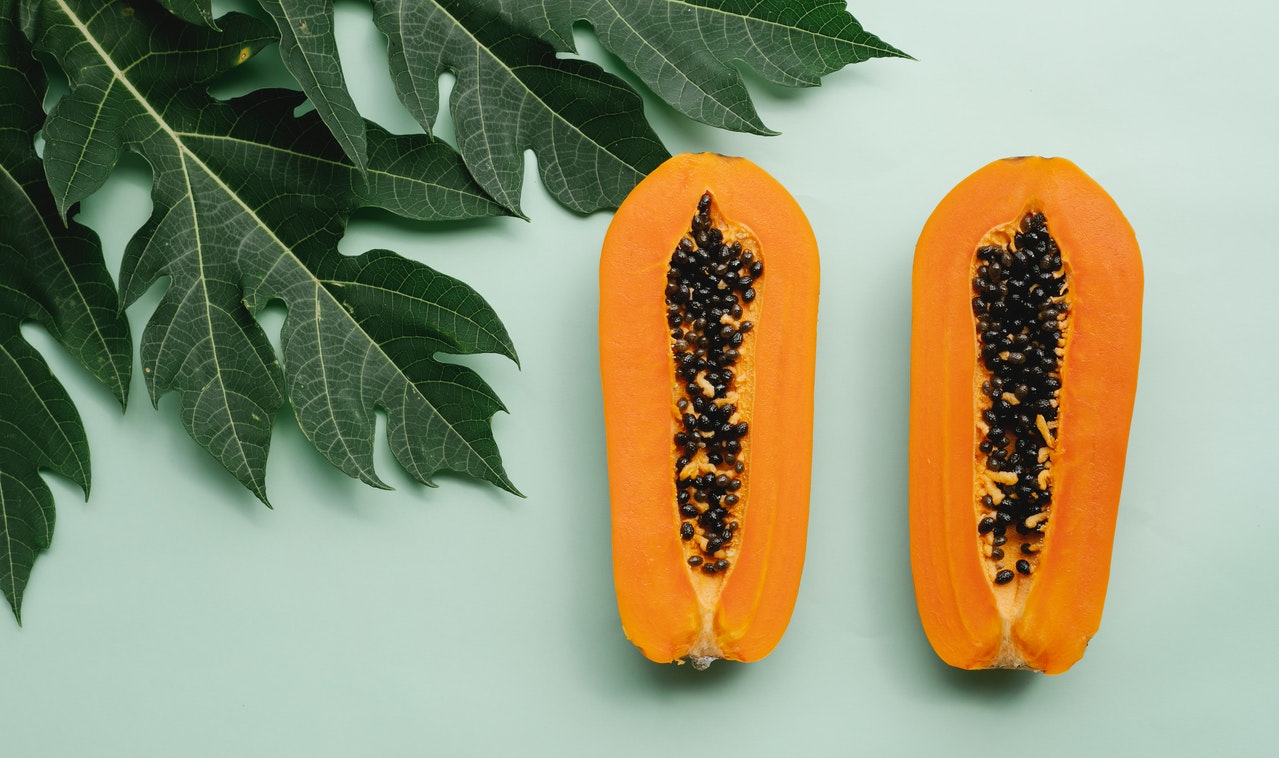
Folic acid is important for everyone, but it’s especially important for pregnant women and infants. Deficient folic acid can lead to neural tube defects in children, which is why the U.S. Food and Drug Administration mandates that all cereal grain products be fortified with this nutrient.
Folic acid deficiency symptoms include:
- Premature gray hair
- Growth problems
- Fatigue
- Tongue swelling
- Peripheral neuropathy
- Mouth sores
- Shortness of breath
- Weakness
Good food sources of folic acid include vegetables, fruits and fortified cereals. If you don’t consume enough folate-rich foods, your folate levels can become deficient in a matter of weeks.
If you’re concerned that you may have a vitamin deficiency, it’s important to try to rectify it as soon as possible. Good health starts with what you put into your body, so focus on eating nutrient-dense foods and limiting your intake of nutrient-poor foods and treats.

